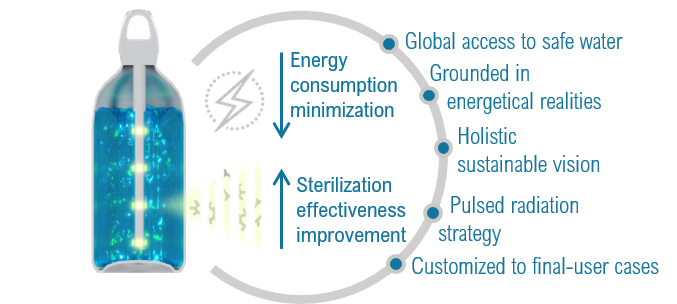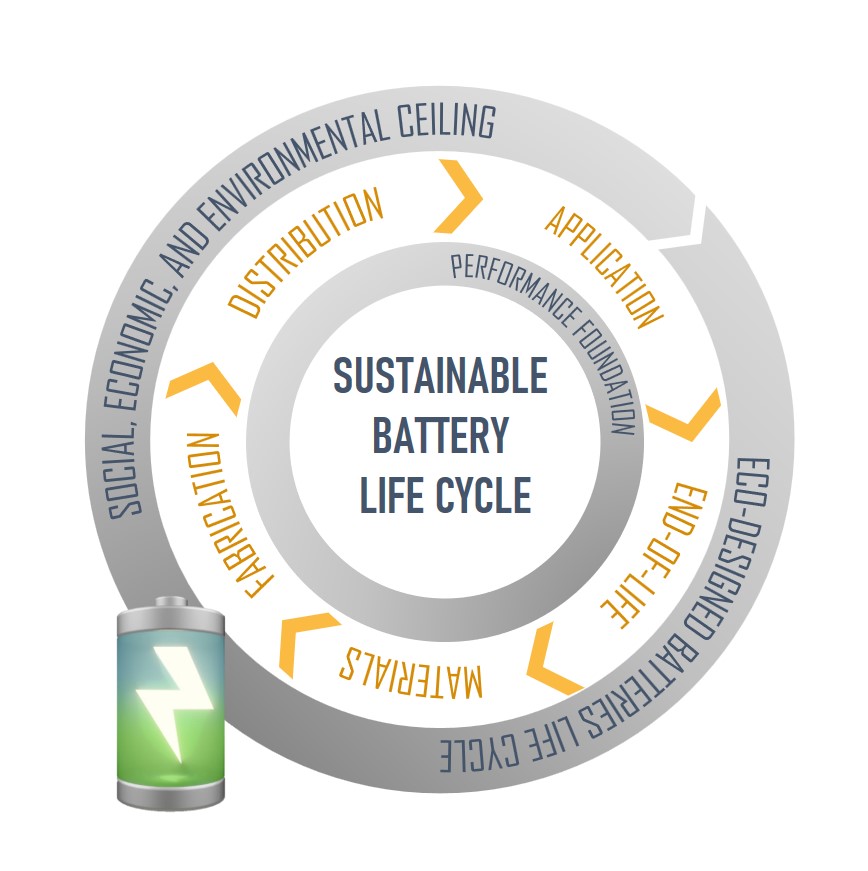
A plant-like battery, re-designing the present to keep the future alive — New article!
September 6, 2022
Energy efficiency and water sterilization — New article available!
May 6, 2023BOOK CHAPTER
About donoughts, batteries and boundaries
A Rationale for the Development of Sustainable Biodegradable Batteries
M. Navarro-Segarra & J.P. Esquivel
Sustainable Energy Storage in the Scope of Circular Economy
Digital technologies are generating a global transformation with economic, social and environmental implications. Digitalization has already shown many benefits to society, it has stimulated disruptive innovation, generated new business models providing opportunities for value creation, contributed to transparency and improved access to information. However, this digital transformation is generating a fierce debate on how to ensure a positive , sustainable and just social impact. This growing trend arises profound concerns about its environmental impact…This is how our new chapter begins. In this contribution, we presented the concerns associated with portable batteries and their actual linear life cycle. Together with a state-of-the-art of portable batteries with disruptive end-of-life.
To end up with a reformulation of a battery life cycle. The rationale exposed in this publication draws inspiration from the doughnut economic model proposed by professor Kate Raworth. In this sense, we have drafted a doughnut shape model applied to battery research and development that sets a social, economic and environmental ceiling and a performance foundation. Each boundary has been endowed with a series of dimensions to be taken into account when developing the new era of portable batteries.
Finally, the chapter compresses an analysis of the different stages of a portable battery life cycle, setting some recommendations and guidelines to consider in order to keep the portable battery development within the planetary boundaries.
You can find our contribution as chapter 5 in Sustainable Energy Storage in the Scope Circular Economy, a book edited by Carlos Miguel Costa, Retano Gonçalez and Senentxu Lanceros-Méndez, thank them all for the amazing content of this book!




